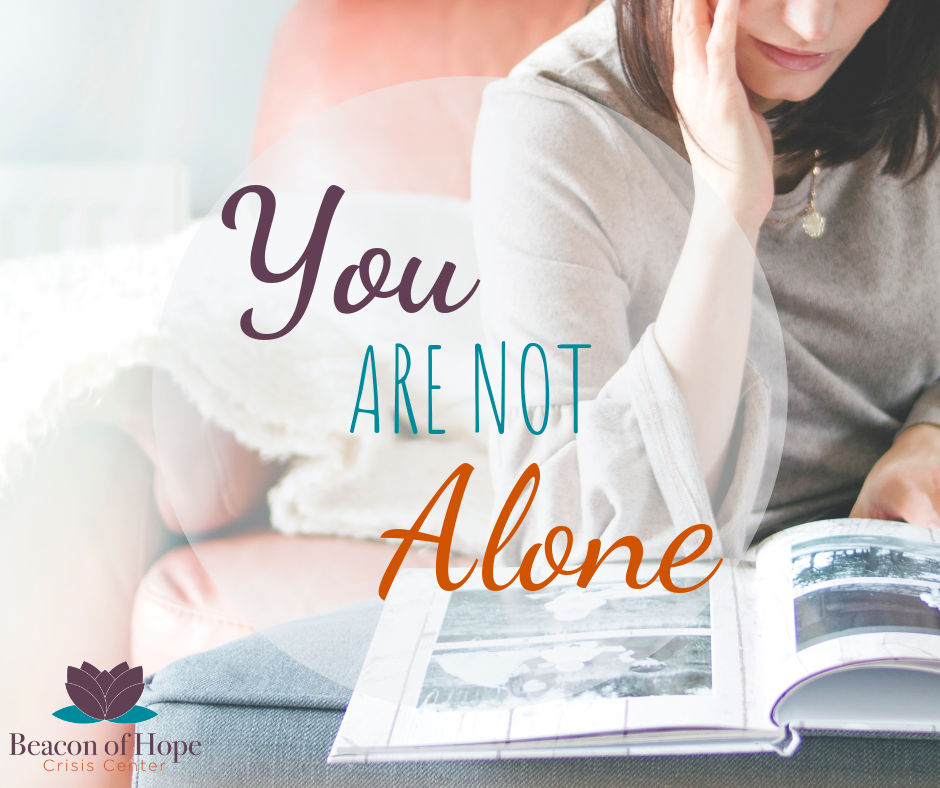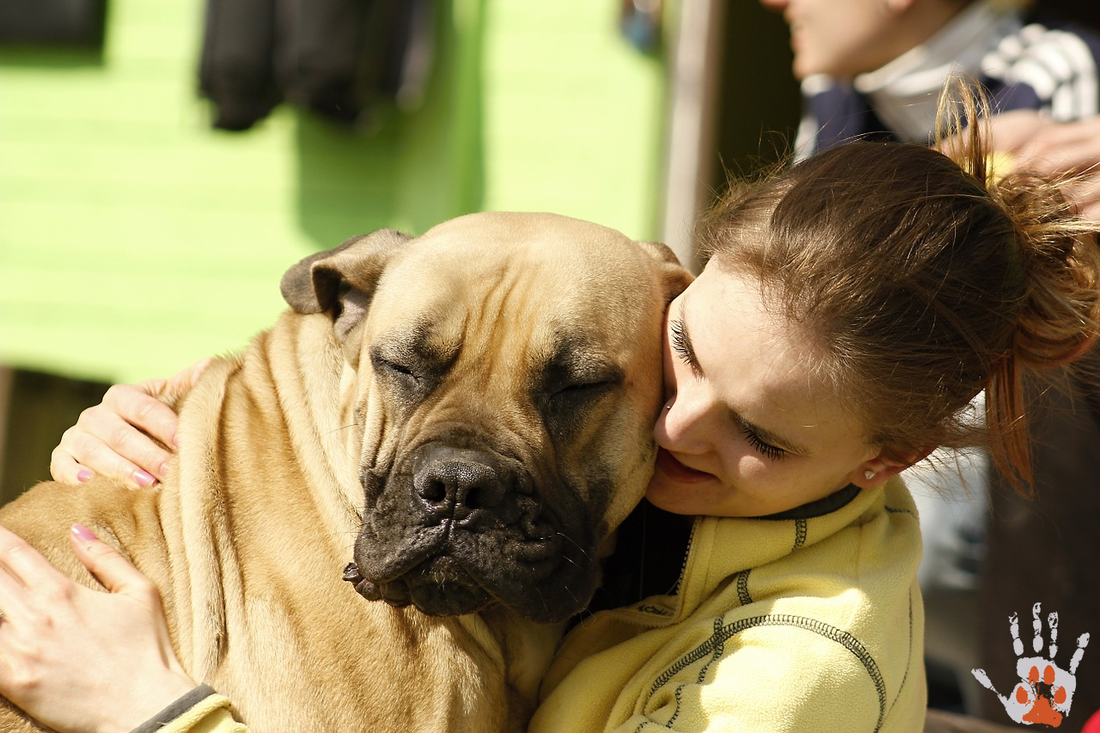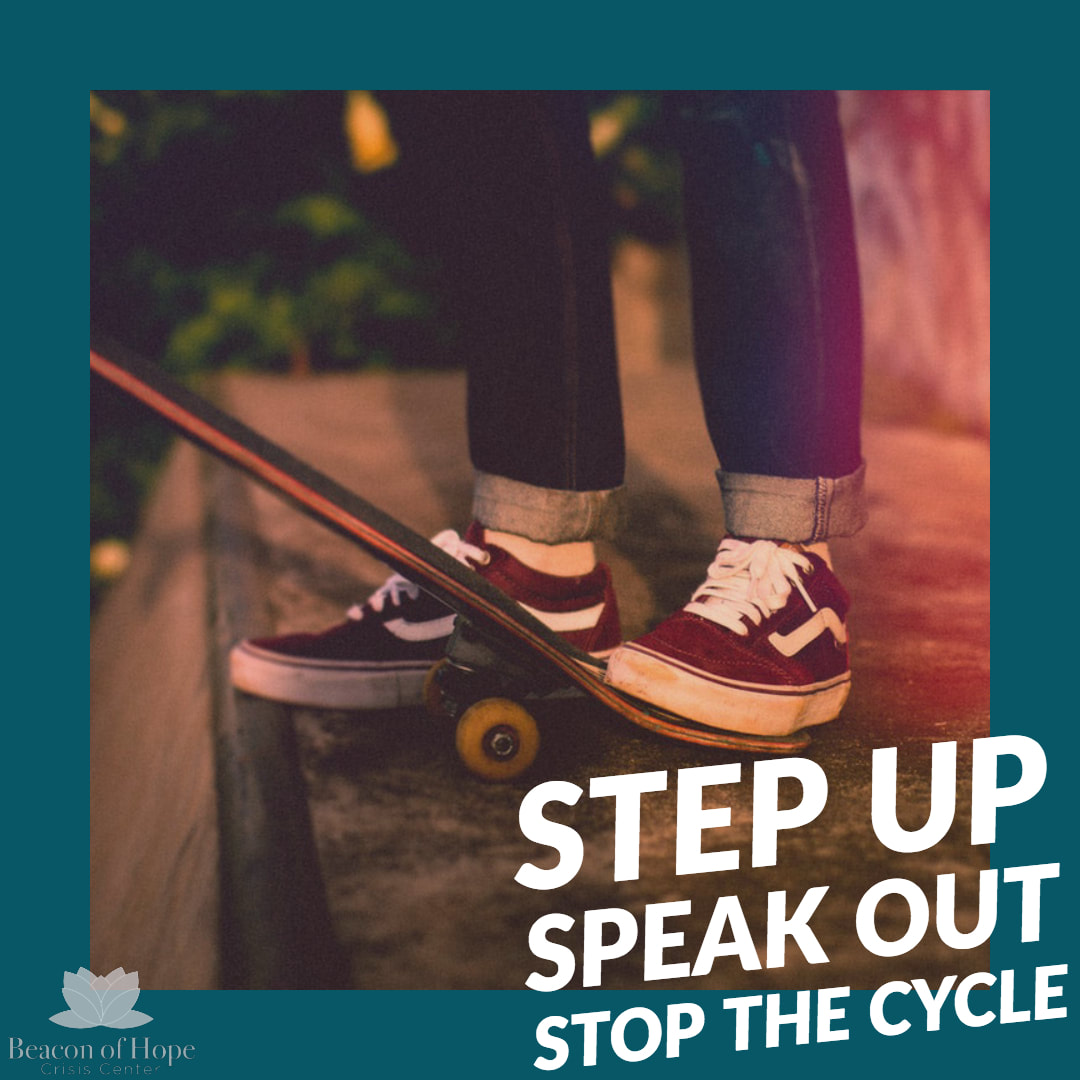|
By: Savannah Tipton Society has typically associated feelings of grief to the death of a loved on. We can understand that someone may have difficulty processing the death despite the circumstance (illness, accidents, etc.). When we expand the definition of grief to include other things that are lost, society gives less acknowledgement or validation. Survivors of domestic violence may experience grief over lost self-esteem, loss of their home and the life they knew, or even the future they once planned for. They may experience this grief during and after the relationship has ended. There are many reasons survivors do not disclose abuse (humiliation, fear, guilt, shame) and this can further complicate feelings of grief. Survivors need access to support as they start their healing journey. Some may find support from friends and family while others turn to professionals.
To better understand the connection between grief and domestic violence, we must first look to all that a survivor of domestic violence may lose or leave behind after being victimized (see below). Together we can become more educated and give survivors validation to grieve or mourn all that they have lost. Advocates are available to validate feelings of grief and connect clients to supportive services and free counseling. Confidential Crisis Line: (317) 731-6140 Losses Which Are Grieved
By: Savannah Tipton The word rape may seem aggressive, harsh, nasty, or otherwise may make people uncomfortable. As a society, we often stray away from using the word “rape.” For example, it may be referred to as sexual assault, sex, sexual misconduct, forced sex, unwanted intercourse, etc.
It is also common for people to focus on the details surrounding a rape. Questions that perpetuate victim blaming focus on where they were, what they were wearing, time of day/night, and so on. When we spend time focusing on other details, our mind quickly shifts away from the victim. This shift of focus may not be done with malicious intent. It could be that people do not want to believe it could happen, it’s scary, and it’s not something most people want to think or talk about. Our primary focus should be on helping the people that are victimized by rapists. Unfortunately, rape is among the most under-reported crimes and even fewer cases will ever be seen in court. As a community and society, we must stand with survivors and show them support. The word rape may seem aggressive, harsh, nasty, or otherwise may make people uncomfortable and that is exactly why we need to be using it. To speak with an advocate, call our confidential crisis line: 317-731-6140 By: Marty Burtt Beacon of Hope Crisis Center’s Foster Pet Program eliminates a very common barrier for domestic violence and/or sexual assault victims. Research has shown that 48% of battered women will delay leaving their abuser because they fear what will happen to their pet(s) after they leave. Pets are a common tool used by abusers to control the victim by threatening, harming, or killing the pet. Our Foster Pet Program gives domestic violence and/or sexual assault victims a temporary, safe home for their furry family members while they work on becoming self-sufficient.
Our volunteer foster families have the unique opportunity to provide much needed help to victims of domestic violence and/or sexual assault. Instead of having to choose between leaving their beloved pet with their abuser, or surrender the pet to a shelter, victims can apply for our program and know that their pet is being loved and cared for until it can come back home. Being a foster family offers the companionship of having a pet, without the lifelong commitment. Every year, 68% of abused women report violence towards their pet from their abuser. Our foster families can give love and affection to pets that have experienced their own trauma. If you are interested in learning more about the program or signing up to become a foster family, please click here. By: Marty Burtt Beacon of Hope Crisis Center’s Foster Pet Program is a unique service that we are proud to be able to offer to our clients. Family pets offer a sense of stability, comfort, and unconditional love that creates a special bond between a family and their pet. In homes with domestic violence and/or sexual assault, the family pet is at a high risk of being abused and/or neglected. Over 71% of battered women reported that their batterers had harmed, killed, or threatened animals to coerce, control, and humiliate them*. Additionally, numerous surveys have reported that 25% to 40% of battered women report they delayed their decision to seek safety out of fear for their animals’ welfare**. Our Foster Pet Program helps protect pets in homes where violence is happening by placing them in a temporary, safe home until it is safe for them to be back with their family.
Our Foster Pet Program gives victims peace of mind in knowing that their pet/s is safe. Our Foster Pet Program Coordinator (FPPC) gets weekly updates from the foster family on the pet/s and how the pet/s is doing and then provides that update to the victim. The FPPC is in consistent communication with everyone involved with the pet/s. We are always excited when victims have secured a safe home and can safely be reunited with their pet/s. This program is available to any victim of domestic violence and/or sexual assault that is fleeing their abuser, as well as victims that are receiving services from other agencies. Beacon of Hope Crisis Center has recently launched the Central Indiana Pet Abuse Link Task Force to help keep Indiana pets safe. The Pet Abuse Link Task Force is comprised of individuals within the community that share our passion for keeping pets safe. Learn more about our Foster Pet Program here. *Ascione, Weber & Wood, 1997 **McIntosh, 2002 By: Shelby Bubnick & Savannah Tipton Focusing on the positives in life can be difficult after experiencing trauma. An excellent way to lift your spirits is to write down everything you are grateful for. You can do this weekly or daily, whatever works for you and your schedule. Keeping a gratitude journal can improve your mood, make you more resilient, and can even help you live longer. It’s simple! Start your gratitude journal with five things you are grateful for. Repeat this activity at least once a week.
TIPS
By: Shelby Bubnick Every 98 seconds, an American is sexually assaulted.* The prevalence of sexual assault is alarming, and it affects more than the primary victim. Sexual assault can also affect the friends, family, and community of the survivor. If your loved one has been sexually assaulted, it is normal to feel upset, or at a loss for words. In some cases, you may be the first person the survivor has told. This may put pressure on you as you search for the right things to say and do. Consider the following when responding to a loved one that is disclosing they have been sexually assaulted.
Advocates at Beacon of Hope Crisis Center are trained to assist victims of sexual assault by providing support and education. Learn more here. If you would like to speak with an advocate, please call our crisis line (317)731-6140. By: Shelby Bubnick After experiencing trauma, you may be healing from injuries or feeling emotionally drained. It is essential to keep your body healthy and active during this time. Whether it happened recently or many years ago, there are many ways you can cope with short-term and long-term effects of trauma. Reactions to trauma can be psychological, emotional, cognitive, physical, and behavioral. Common reactions to trauma are listed below.
Psychological and Emotional
Coping with trauma can be hard to do on your own, do not hesitate to seek professional help. To speak with an advocate and learn more about services at Beacon of Hope Crisis Center please call our crisis line (317) 731-6140. By: Shelby Bubnick Children who have witnessed domestic violence may experience significant long-term effects. According to the Childhood Domestic Violence Association, 40 million adult Americans grew up living with domestic violence. Witnessing domestic violence can have a lasting impact on their lives and alter their hopes for the future.
Children who grow up in homes with domestic violence are three times more likely to repeat the cycle in adulthood as a victim in an abusive relationships or by becoming abusers themselves. * This can happen because violence becomes a norm in the eyes of the child and feel that they are at fault. 30% to 60% of perpetrators of intimate partner violence also abuse children in the household. ** Studies support the findings that rates of abuse are higher among those who were abused as children or who witnessed abuse as children. ** These children can also be at higher risk for health problems when they become adults. These can be psychological, such as depression and anxiety. While others may experience problems with their physical health such as diabetes, obesity, heart disease, and more. Many studies show that stress and trauma can impair children’s brain development. Adults who experienced significant early life stress have differences in brain structure compared to people who experienced low levels of early stress. * Early exposure to violence can influence an infant’s stress reactivity. This can have lifelong effects on psychological and physical health. Domestic violence can even affect a child before they are born as domestic violence often begins or grows more intense during pregnancy. This results in maternal stress, which can interfere with fetal brain development. * Long-term effects of witnessing domestic violence as a child:
*cdv.org **domesticshelters.org By: Shelby Bubnick Children are often the silent victims of domestic violence. 1 in 15 children are exposed to intimate partner violence each year, and 90% of these children are eyewitnesses to the violence. * Although children can be resilient, many who witness or overhear abuse – whether the abuse is emotional, verbal, or physical, are at high risk for profound short-term psychological, mental and social effects.
Domestic violence in the home can create a tense environment. As a result, children who live in these homes might experience fear and anxiety. Younger children who witness abuse may start to regress to toddler behavior (thumb sucking, bed-wetting, increased whining and crying). School-aged children may blame themselves for the abuse. This self-blame reaction can occur naturally, or because the abuser told the child that they are responsible for the violence. Either way, this can hurt a child’s self-esteem. Low self-esteem can affect the child’s participation in classes and school activities which may isolate them. Teenagers who witness abuse may experience different short-term effects than young children. Teens might respond to this violence by acting out in negative ways such as, fighting with family members and skipping school. Teens are also more likely to abuse drugs and alcohol to cope with the stress and anxieties of their home life. These teens may experience low self-esteem and have trouble making friends. In some cases, these effects can ultimately cause depression. It is essential to recognize the short-term effects of witnessing domestic violence to help the child recover. Witnessing abuse is traumatizing, and it may be something the child never forgets. Connect with community resources; educate yourself and your kids. The sooner a child gets help, the better their chances of becoming a healthy adult. If a child has witnessed domestic violence:
To speak with an advocate and learn more about services at Beacon of Hope Crisis Center please call our crisis line (317) 731-6140. We are here to help. *ncadv.org By: Savannah Tipton Some warning signs of dating violence:
- If in a life-threatening emergency situation call 911.
- If you or someone you know is experiencing any of these warning signs - call our confidential crisis line at 317-731-6140. |
About this blog
This blog is about our domestic and sexual violence crisis center, Beacon of Hope. We hope you find it full of helpful information, motivation, creativity, serious facts and positivity. We hope that it will help you know what is happening in our center, in our community and with our events. We hope you follow our blog in support of our organization and our mission. Archives
October 2024
Categories
All
|
|
CAREER opportunities © 2024 Beacon of Hope Crisis Center Privacy Policy Accessibility Statement Training Portal Login |















 RSS Feed
RSS Feed